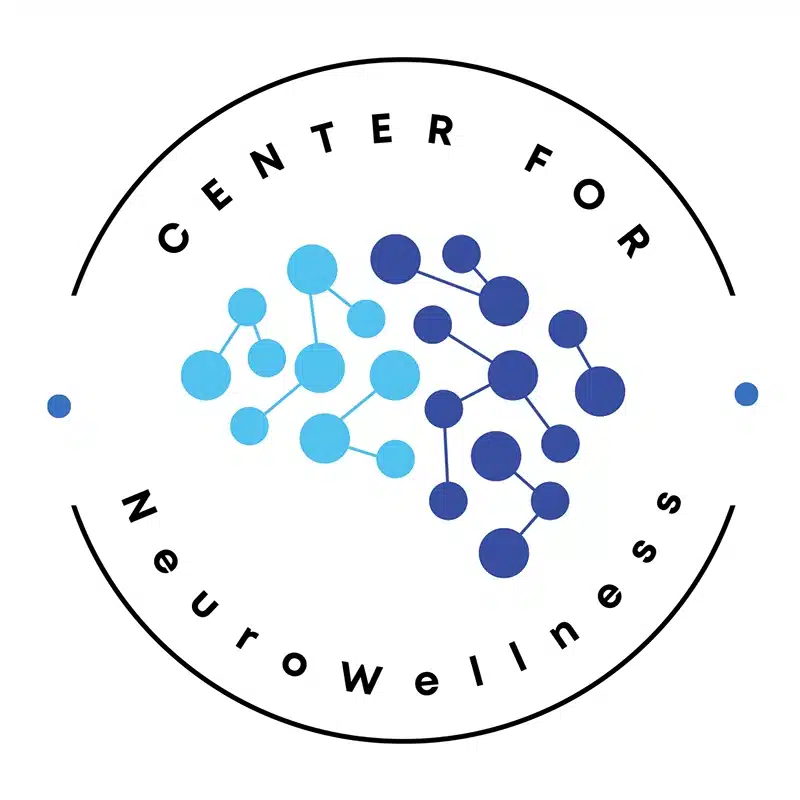Cognitive Rehabilitation
Cognitive rehabilitation is a therapy approach designed to help individuals develop skills and learn compensatory strategies to improve overall functioning at home, school, and/or at work. It is a type of therapy that addresses specific problems in thinking and perception.
Following a neuropsychological evaluation, cognitive rehabilitation may be recommended to address, identify, and capitalize on existing cognitive strengths as well as to understand, train and learn strategies to compensate for neurocognitive areas of weakness. Tailored to meet the individual needs of the patient with cognitive and executive function deficits, our approach emphasizes the development of metacognitive and self-awareness skills.

The goals that are typically addressed in cognitive rehabilitation include but are not limited to rehabilitation of:
- Awareness
- Attention
- Comprehension
- Memory
- Learning new information
- Time management
- Problem-solving
- Activities of daily living
- Executive functioning
- Planning and organization
A cognitive rehabilitation treatment plan is initially created based upon the results of a neuropsychological evaluation and later specifically tailored to meet the occupational, familial, academic, and social needs of the patient. Our cognitive rehabilitation program is based upon empirically validated treatment protocols and is provided to patients on an individual one-on-one basis. Individual progress is monitored by a neuropsychologist, who continues to utilize standardized evaluation procedures to track clinical neurocognitive change. In addition to improvements in test scores, meaningful progress is also measured by the generalizability of improved test performance. That is, cognitive rehabilitation therapy focuses on retraining cognitive skills, as well as teaching cognitive strategies that make identifiable and useful changes in “real life” settings.
Family involvement is an important component of our cognitive rehabilitation therapy program and is encouraged throughout the treatment process. Family members are provided information regarding their loved one’s brain injury or illness and about assistance with compensatory strategies developed by the therapist.
Some of our patients may also be recommended to our social skills training program, which is offered in a group psychotherapy format. A psychologist and cognitive rehabilitation therapist co-lead our social skills training groups to address social challenges such as difficulty with communication, friendships, dating, family relationships, and leisure activities. Social skills training focuses on re-establishing meaningful social aspects of recovery, addresses community adjustment, and overall quality of life.


